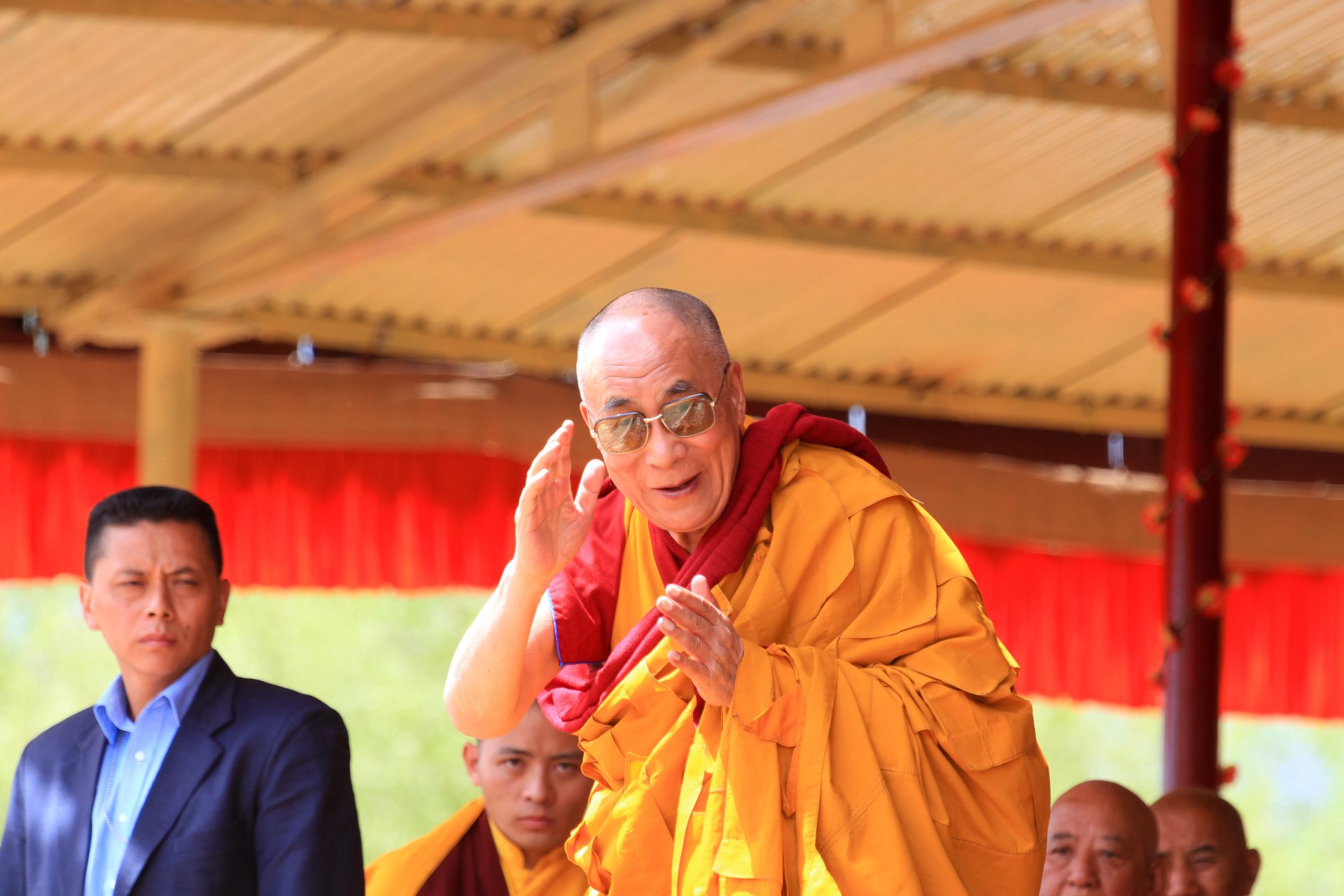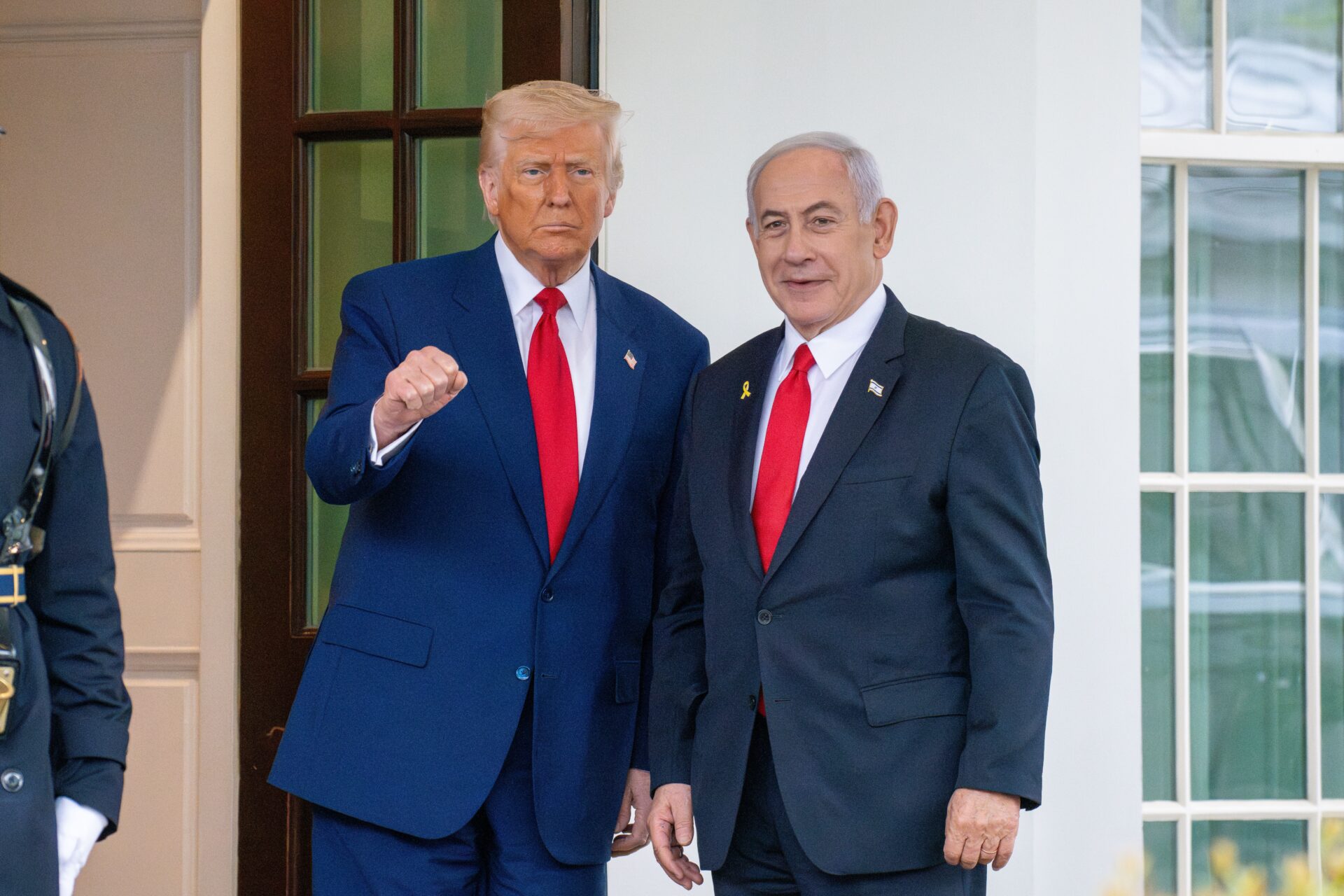
Dalai Lama at 90: Succession and Identity
The future of Tibetan Buddhism hangs in the balance as the Dalai Lama approaches 90, prompting concerns over succession challenges and cultural identity.
At a Glance
- The Dalai Lama institution dates back to 1587, established by Altan Khan.
- The Dalai Lama hints at reincarnating outside Tibet or as a woman.
- China insists on controlling the next Dalai Lama selection process.
- Tibetan supporters oppose China’s involvement in religious affairs.
The Tradition of Succession
The Dalai Lama’s 90th birthday will be a special one and will test China’s grip over Tibet. The title of Dalai Lama, a pivotal spiritual leader in Tibetan Buddhism, was introduced by Altan Khan in 1587. Each Dalai Lama is considered a reincarnation of his predecessor, selected through a symbolic process involving high lamas and sacred signs. This tradition faces contemporary challenges as the current Dalai Lama has mused over the possibility of reincarnating outside Tibet or not at all, even joking about returning as a woman.
Watch a report: ICT Chairman Richard Gere shares warm greetings at Dalai Lama birthday celebration
China’s intrusion in Tibetan spiritual matters casts further uncertainty over the future of this revered title, as China implements its procedures for selection, sparking opposition from Tibetan Buddhists. The 14th Dalai Lama asserts that the continuation of the institution hinges on the Tibetan people’s desires, emphasizing the role of community will over political agendas.
Political Tug-of-War
China claims a right to approve the next Dalai Lama to strengthen its political hold over Tibet. This has led to controversial practices, including the Golden Urn process, used by China to select reincarnated lamas since the Qing dynasty. Opponents argue that China’s atheist stance and interference in Tibetan religious affairs paint a hypocritical picture.
The Dalai Lama’s insistence that his successor be born outside China implicates global politics, notably affecting Sino-Indian relations, since the Tibetan Government in Exile is located in India. Anointing a successor free from Chinese influence is intended to preserve Buddhist doctrine without state manipulation.
Cultural Identity at Stake
The succession debate underscores broader concerns about Tibetan cultural identity amidst China’s political maneuvers. China’s handling of the Panchen Lama controversy—where it appointed its own candidate after detaining the Dalai Lama’s choice—serves as a cautionary tale about potential scenarios involving the Dalai Lama. International support, especially from nations like the U.S., aligns with efforts to uphold Tibet’s religious freedom and counteracts China’s authoritarian strategies.
The stakes are high. If China unilaterally appoints a Dalai Lama, this could lead to two rival figures, intensifying Tibetan resistance and international scrutiny, challenging Beijing’s political narrative. The ongoing debate and eventual succession could either dilute or strengthen Tibetan cultural preservation efforts.


